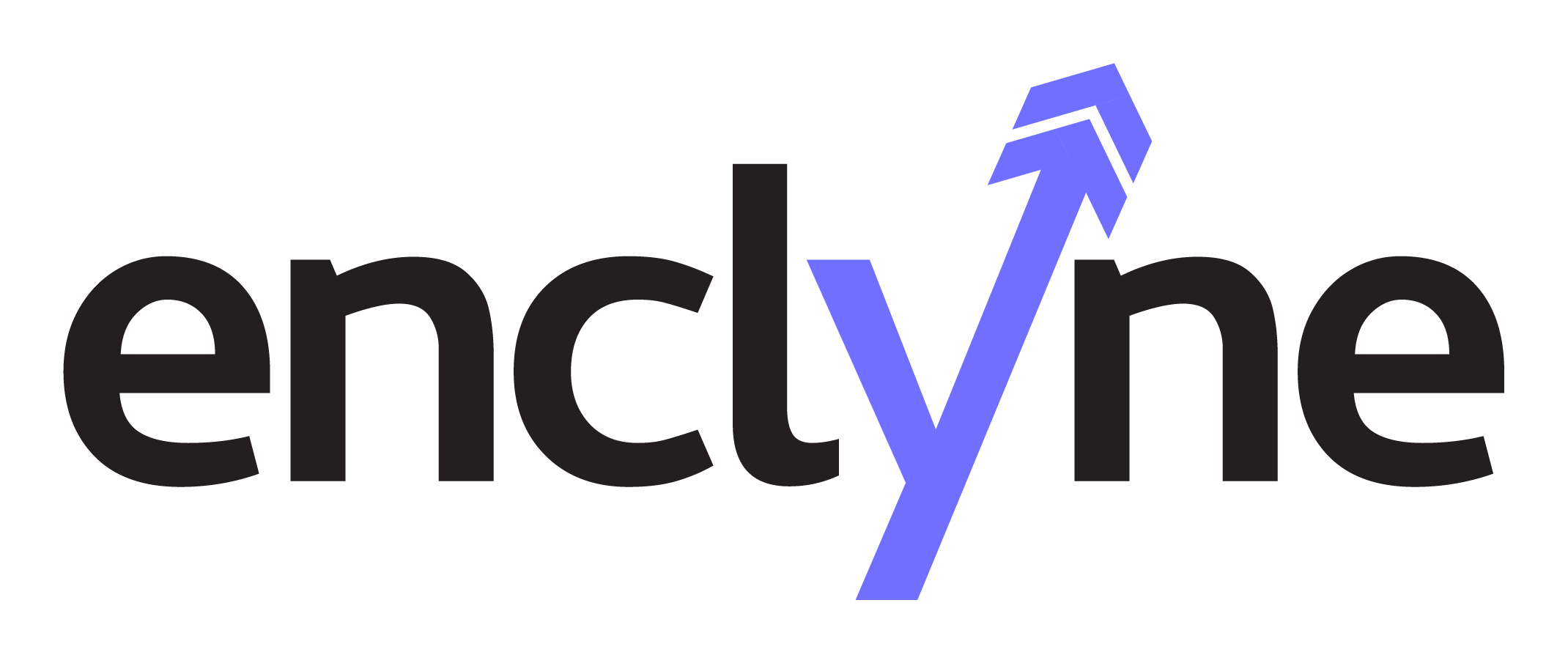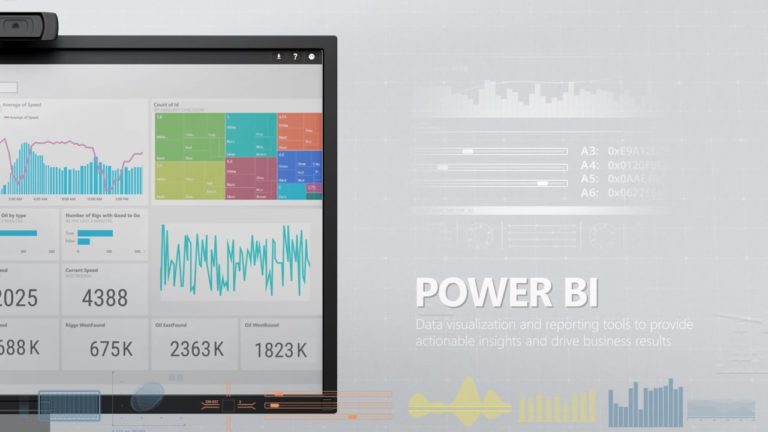Introduction
In today’s digital landscape, cloud computing has become an indispensable part of businesses. Microsoft Azure, one of the leading cloud providers, offers a wide range of services to help organizations achieve their goals. However, as your Azure usage grows, so do your costs. To effectively manage and optimize your cloud spending, Microsoft provides a valuable tool called Azure Cost Manager. In this blog, we will delve into what Azure Cost Manager is and why it is crucial for your cloud cost management strategy. We’ll also explore the challenges and limitations that may cause it to not always sync with your monthly bill from Microsoft.
What is Azure Cost Manager?
Azure Cost Manager is a comprehensive cost management and monitoring tool offered by Microsoft Azure. It enables businesses to gain insights into their cloud spending, allocate costs, create budgets, and optimize expenses efficiently. Here are some key features of Azure Cost Manager:
- Cost Analysis: Azure Cost Manager provides detailed cost breakdowns, helping you understand where your money is going within the Azure ecosystem.
- Budgeting and Forecasting: You can set budgets and forecasts to ensure that your Azure spending remains within predefined limits.
- Cost Allocation: Allocate costs to different departments, projects, or teams to gain granular insights into resource consumption.
- Recommendations: Receive cost-saving recommendations tailored to your usage patterns, helping you optimize your spending.
- Integration: Seamlessly integrates with Azure Management Portal and Azure DevOps for a unified experience.
Why Azure Cost Manager is Helpful
Now that we have a basic understanding of Azure Cost Manager, let’s explore why it’s an invaluable tool for managing your Azure expenses:
- Cost Visibility: Azure Cost Manager provides a comprehensive view of your cloud spending. It breaks down costs by services, resource groups, and subscriptions, allowing you to identify areas where you can cut expenses.
- Budget Control: Setting budgets and forecasts ensures that you are always aware of your financial commitments and can take proactive steps to avoid unexpected overages.
- Resource Optimization: By analyzing cost recommendations, you can make informed decisions about resizing or decommissioning underutilized resources, optimizing your Azure infrastructure for efficiency.
- Cost Allocation: Azure Cost Manager helps businesses allocate costs accurately. This is particularly useful for enterprises with multiple departments or projects using Azure resources, as it allows for fair and transparent cost distribution.
- Custom Reporting: Generate custom reports to meet the specific needs of your organization, making it easier to share cost-related insights with stakeholders.
- Security and Compliance: Azure Cost Manager provides secure access control and ensures compliance with privacy regulations, protecting sensitive financial data.
- Cost Savings: Implementing the cost-saving recommendations offered by Azure Cost Manager can lead to significant cost reductions over time, improving your organization’s bottom line.
Challenges and Limitations: Why Azure Cost Manager May Not Always Sync with the Monthly Bill
While Azure Cost Manager is a powerful tool for managing and optimizing your cloud expenses, it’s important to note that there are certain challenges and limitations that may cause it to not always perfectly sync with your monthly bill from Microsoft. Understanding these limitations will help you use the tool more effectively and interpret the cost data accurately.
- Data Latency: Azure Cost Manager relies on Azure’s usage and billing data, which may not always be up to the minute. There can be a delay between resource consumption and when that data is reflected in Azure Cost Manager. This lag can result in discrepancies between the tool’s reports and your monthly bill.
- Resource Tagging: To accurately allocate costs to departments, projects, or teams, you need to tag your resources appropriately. If resources are not tagged correctly or consistently, Azure Cost Manager may struggle to allocate costs accurately, leading to discrepancies.
- Complex Billing Scenarios: Organizations with complex billing setups, such as enterprise agreements or negotiated billing terms, may find that Azure Cost Manager has difficulty accurately reflecting these arrangements. Customized billing agreements can be challenging to reconcile with the tool’s reporting.
- External Costs: Azure Cost Manager primarily focuses on costs associated with Azure services. It may not capture external costs, such as software licenses or third-party services, which can also contribute significantly to your overall cloud expenses.
- Reservations and Prepaid Credits: If your organization uses reserved instances or has prepaid Azure credits, these arrangements may not align perfectly with the monthly billing cycle. Azure Cost Manager might not always interpret these credits correctly.
- Variability in Usage: Fluctuations in resource usage, especially when dealing with burstable workloads or variable demand, can lead to discrepancies between the estimates in Azure Cost Manager and your actual monthly bill.
- Data Aggregation: Azure Cost Manager aggregates data at various levels, such as subscription, resource group, and resource. Aggregation methods may not always align with your organization’s specific reporting requirements, causing variations in the reported costs.
Mitigating Discrepancies
To address these challenges and mitigate discrepancies between Azure Cost Manager and your monthly bill, consider the following strategies:
- Regularly Review Your Bill: Don’t rely solely on Azure Cost Manager for cost validation. Regularly review your Azure billing statements from Microsoft to ensure accuracy.
- Consistent Tagging: Implement and enforce consistent resource tagging practices within your organization to improve cost allocation accuracy.
- Understand Your Billing Arrangements: If you have complex billing arrangements, work closely with your Azure account manager to ensure that Azure Cost Manager aligns with your specific agreements.
- Use Detailed Reports: Leverage detailed reports and custom views in Azure Cost Manager to drill down into cost data at a granular level. This can help identify and address discrepancies more effectively.
Conclusion
Azure Cost Manager is a valuable tool for managing Azure cloud expenses, but it is not without its limitations. Understanding why it may not always sync perfectly with your monthly bill is essential for making informed decisions about your cloud spending. By being aware of these challenges and taking steps to mitigate discrepancies, you can use Azure Cost Manager effectively to optimize your cloud costs and improve financial transparency within your organization. Embrace Azure Cost Manager and take charge of your Azure spending to drive efficiency and success in your cloud journey.


